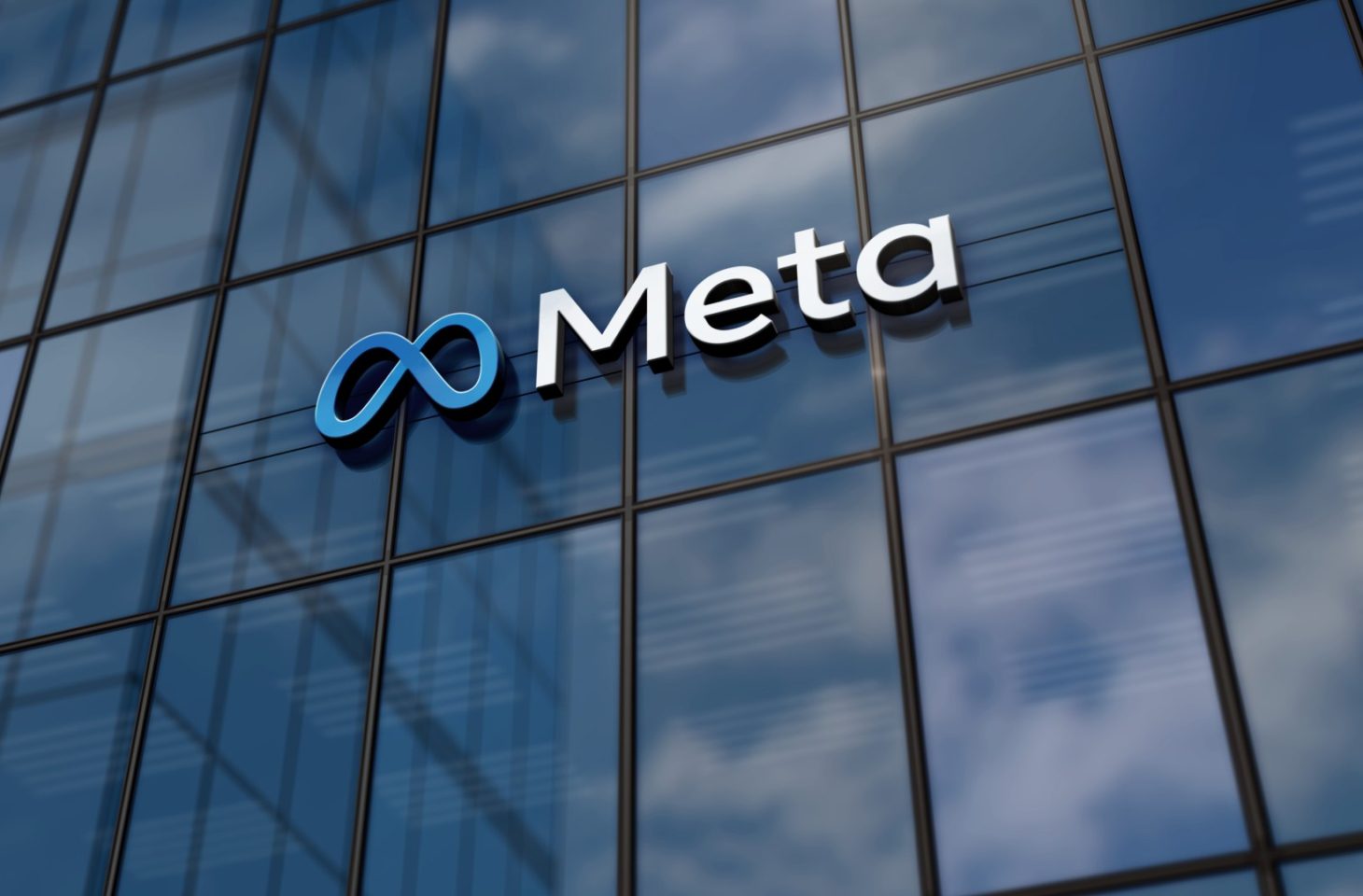Under pressure from the Digital Markets Act, Meta opens WhatsApp and Messenger to interoperability with third-party apps, but requires third-party developers to adopt the Signal protocol.
In a blog post, Meta shares more information about how the company plans to make its messaging apps WhatsApp and Messenger compatible with third-party messaging services, as required by the Digital Markets Act (DMA). The company had previously communicated the dangers of these new integrations in terms of spam and fraud. Meta requires companies to sign an agreement and use the Signal protocol.
Signal protocol
Under the DMA, Meta must make its messaging apps interoperable with third-party apps. One of the biggest obstacles to this interoperability is security. Meta wants outside developers to use the Signal protocol, which the company already uses on WhatsApp, to encrypt messages end-to-end. End-to-end encryption (E2EE) is included in Messenger and WhatsApp, and Signal is said to be the “current gold standard” for E2EE chats. Meta says third-party developers can choose between the Signal protocol and another protocol “if they can demonstrate that it offers the same security guarantees as Signal.”
If third parties connect to WhatsApp or Messenger, they are also responsible for hosting. Meta says that while they have developed a secure solution using the Signal protocol, they have no way of knowing exactly what third parties are doing with messages sent and received. With this, Meta seems to be saying that third party message interoperability would be less secure in order to keep users close to Meta.














